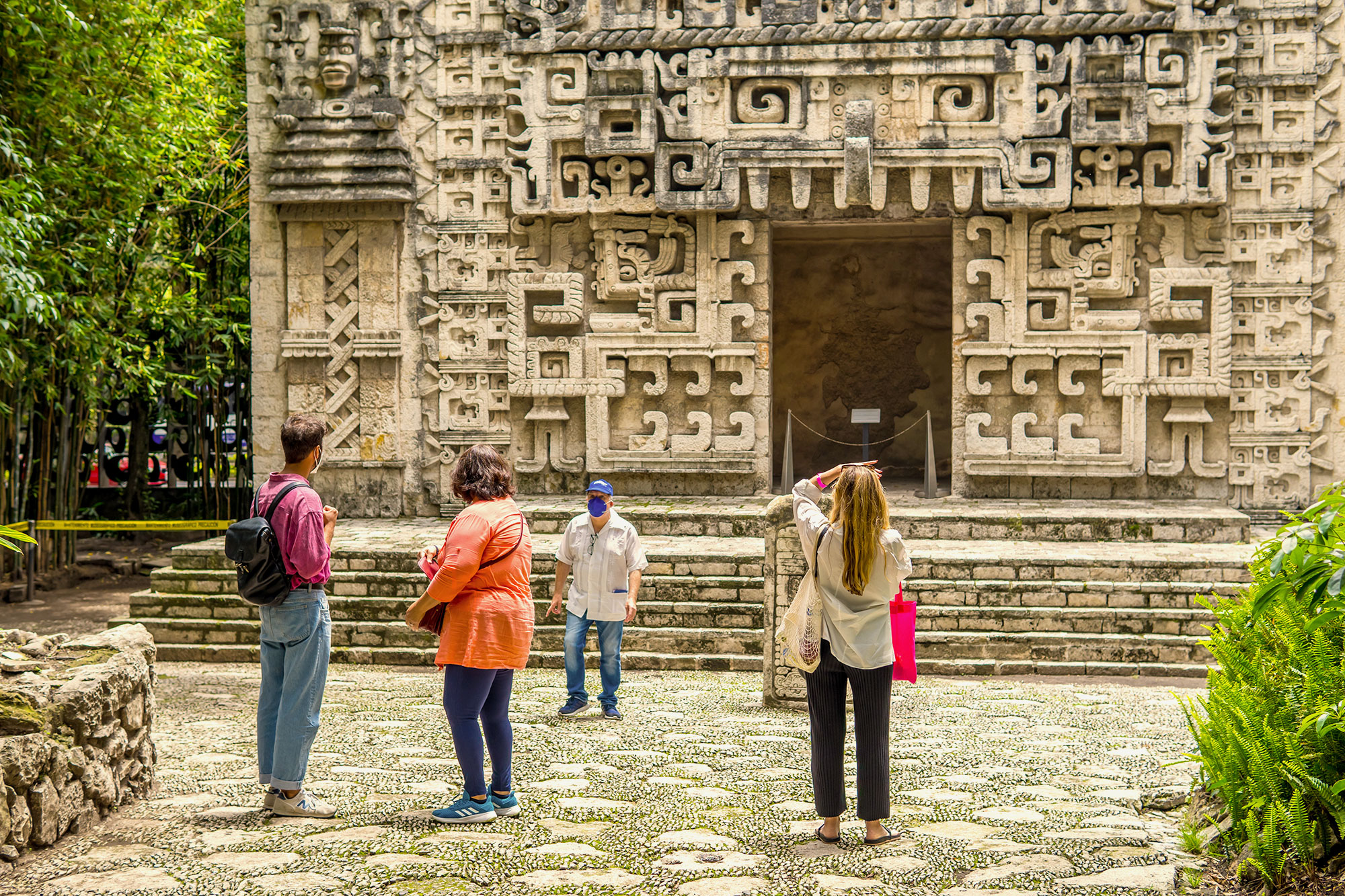Program Overview
Through the graduate degree in the field of anthropology you:
- Build a foundation in the theories and methods of anthropology through the investigation of the material culture of past societies.
- Enhance your understanding of the similarities and differences across cultures, including their origins and their contemporary implications for ideology, religion, gender, land use, ethnic conflict, race, and current political and environmental crises.
- Choose between an individual one-on-one thesis research project or a final capstone project completed in community with your fellow candidates.
- Earn an optional graduate certificate in social justice.
Program Benefits
-
Customizable path
-
Expert instructors, including faculty from Harvard University’s Faculty of Arts and Sciences
-
Personalized academic advising
-
A faculty-supported thesis or applied research project
-
Paid research opportunities
-
Harvard Alumni Association membership upon graduation
Customizable Course Curriculum
Our course curriculum is flexible in pace and customizable by design. You can study part time, choosing courses that fit your schedule and align with your career goals.
As you work through the 12-course program, you’ll have the opportunity to examine topics focused on identity and social justice. You can further customize your studies by selecting either a thesis or capstone track and by choosing electives that align with your interests.
11 Online Courses
- Primarily synchronous
- Fall, spring, January, and summer options
On-Campus Experience
You’ll complete 1 on-campus course, Engaging in Scholarly Conversation, at an accelerated or standard pace:
- 2 weekends
- A 3-week summer session
Thesis or Capstone Track
- Thesis: a 9-month independent research project with a faculty advisor
- Capstone: an academic project in a classroom community
Admissions
The path to your degree begins before you apply to the program.
You first register for and complete 3 required courses, earning at least a B in each. These foundational courses are investments in your studies and count toward your degree, helping ensure success in the program.
Getting Started
We invite you to explore degree requirements, confirm your initial eligibility, and learn more about our unique “earn your way in” admissions process.
Our Community at a Glance
Our working adult students don't need to wait to finish their degrees to start enjoying the career benefits of their Harvard education. Well over 50% of graduates every year report to us that simply completing courses toward their degrees contributes to career benefits.
Upon successful completion of the required curriculum, you will receive your Harvard University degree — a Master of Liberal Arts (ALM) in Extension Studies, Field: Anthropology.
-
38
Average Age
-
1-2
Average Courses Taken Each Semester
-
73%
Work Full Time
-
94%
Would Recommend the Program
-
27%
Professional Experience in the Field
-
Most
Pursued for Career Change or Personal Enrichment

Tuition & Financial Aid
Affordability is core to our mission. When compared to our continuing education peers, it’s a fraction of the cost.
| Our Tuition (2023–24 rate) | $3,220 per course |
|---|---|
| Average Tuition of Peer Institutions | $4,330 per course |
| Average Total Cost | $38,640 |
After admission, you may qualify for financial aid. Typically, eligible students receive grant funds to cover a portion of tuition costs each term, in addition to federal financial aid options.
Coffee Chat: All About Liberal Arts Programs at HES
Are you interested in learning more about liberal arts graduate degree programs at Harvard Extension School? Attendees joined us for an informational webinar where they had the opportunity to connect with program directors, academic advisors, and alumni.




